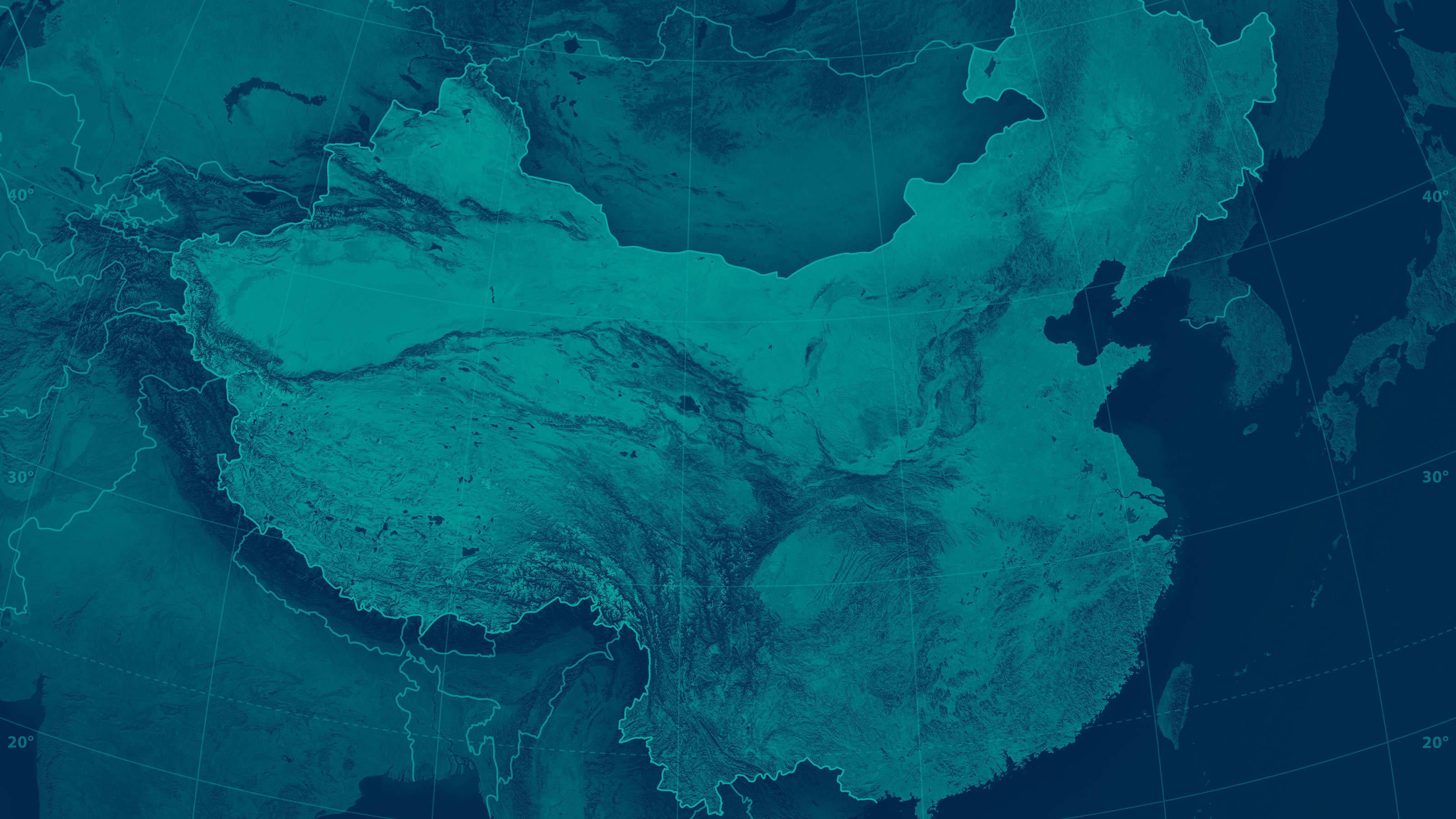Registration
You will receive an email confirming your registration.
Thirty years ago, the idea that China could challenge the United States economically, globally, and militarily seemed unfathomable. Yet today, China is considered a great power. How did China manage to build power in an international system that was largely dominated by the United States? What factors determined the strategies Beijing pursued to achieve this feat?
Oriana Skylar Mastro, a nonresident scholar at Carnegie’s Asia Program, explains how China used the strategic mix of emulation, exploitation, and entrepreneurship to rise as a global power without provoking major international backlash. She will be joined by Carnegie scholars Ashley J. Tellis, a senior fellow in the South Asia Program, Tong Zhao, a senior fellow in the Nuclear Policy Program, and Isaac B. Kardon, a senior fellow for China studies.
